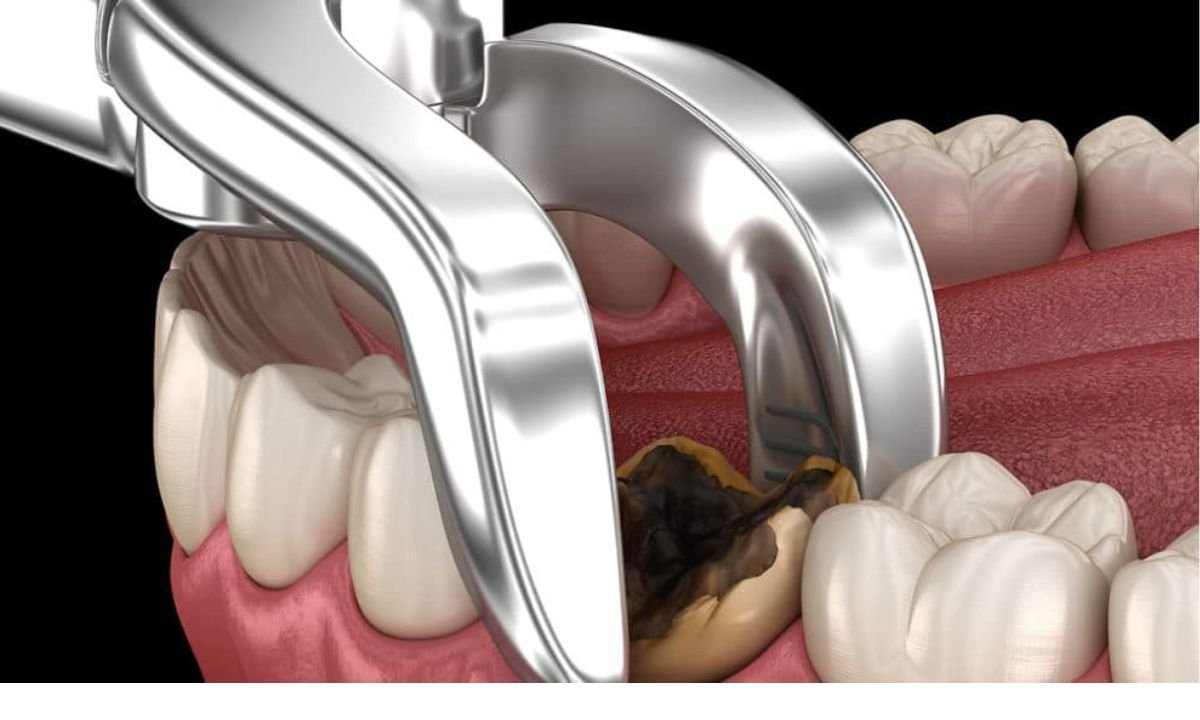Wisdom teeth, also known as third molars, are the final set of teeth to emerge. While some individuals have no trouble with these late bloomers, others encounter significant challenges as they grow in. Often, wisdom teeth can lead to overcrowding, pain, or other dental issues, making their removal a common and preventive procedure. In this blog, we’ll delve into the reasons why extracting wisdom teeth is frequently recommended and how it can support long-term oral health.
Understanding Wisdom Teeth
What are Wisdom Teeth?
Wisdom teeth, the final set of molars to develop, usually emerge during the late teens or early twenties. While some people experience no issues as these teeth come in, many others face discomfort and dental complications.
Why Do Problems Occur?
Over time, the human jaw has evolved to become smaller, leaving limited space for wisdom teeth to grow properly. As a result, these molars often become impacted, unable to fully emerge through the gum line. When this happens, they may grow at an angle, pressing against neighboring teeth and causing potential complications.
Health Benefits of Wisdom Teeth Removal
Prevention of Overcrowding
When wisdom teeth begin to emerge, they can press against neighboring teeth, leading to misalignment and overcrowding. This disruption often impacts the overall alignment of your teeth and may require orthodontic treatment to correct. By removing wisdom teeth, you can preserve proper dental alignment and reduce the likelihood of needing additional orthodontic care in the future.
Decreased Risk of Oral Disease
Impacted wisdom teeth are breeding grounds for bacteria and can be difficult to clean. This increases the risk of oral infections, gum disease, and tooth decay not only in the wisdom teeth but also in the neighboring teeth. Early removal significantly reduces these risks, promoting a healthier oral environment.
Alleviation of Pain and Discomfort
Many people experience pain and discomfort as their wisdom teeth begin to erupt. This can manifest as jaw pain, swelling, and difficulty eating or speaking. Removing these teeth can provide relief from these symptoms, improving overall quality of life.
When to Consider Wisdom Teeth Removal
Signs and Symptoms
Some common signs that you might need your wisdom teeth removed include:
- Persistent pain and swelling around the back of the mouth
- Gum inflammation
- Frequent infections of the soft tissue behind the lower last tooth
- Cysts or tumors developing around an impacted tooth
Consultation with a Dentist
For individuals in their late teens and early twenties, it’s important to consult a dental professional to monitor the growth of wisdom teeth. Through regular check-ups and x-rays, your dentist can assess their development and determine if removal is necessary to prevent potential issues down the line.
The Procedure of Wisdom Teeth Removal
What to Expect
Wisdom teeth removal in Salt Lake City usually begins with a consultation with a dentist or oral surgeon. Depending on the complexity of your case and your comfort level, the procedure is performed using local anesthesia, sedation, or general anesthesia to ensure a smooth and pain-free experience.
Recovery and Care
Post-operative care is crucial for a smooth recovery. Patients are advised to follow their dentist’s instructions, which may include taking prescribed pain medication, maintaining oral hygiene with gentle washing, and consuming soft foods. Recovery time can vary, but most patients return to normal activities within a few days.
Conclusion
Removing wisdom teeth comes with numerous benefits for your oral health, such as preventing overcrowding, reducing the risk of oral diseases, and relieving discomfort. For those considering this procedure, consulting a skilled dental professional can offer personalized advice based on your unique dental needs. Wisdom teeth removal is more than a routine surgery—it’s a proactive investment in your long-term dental health and comfort.











